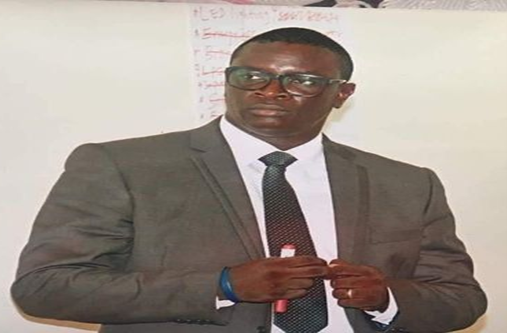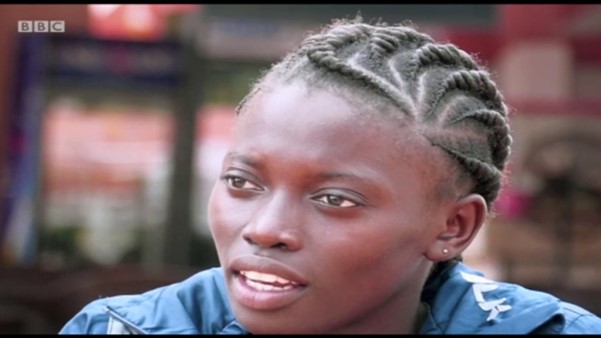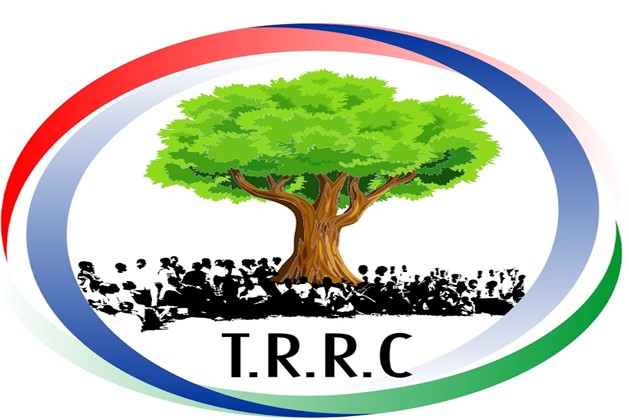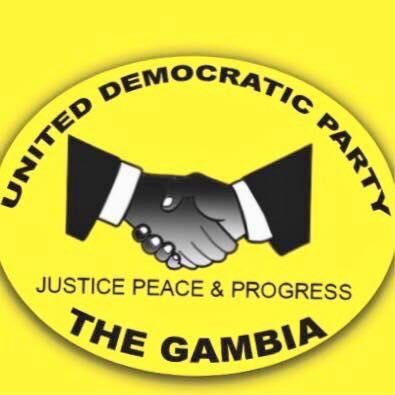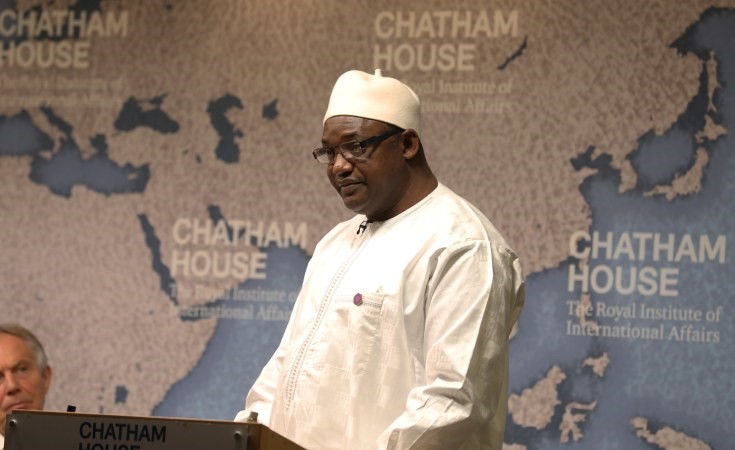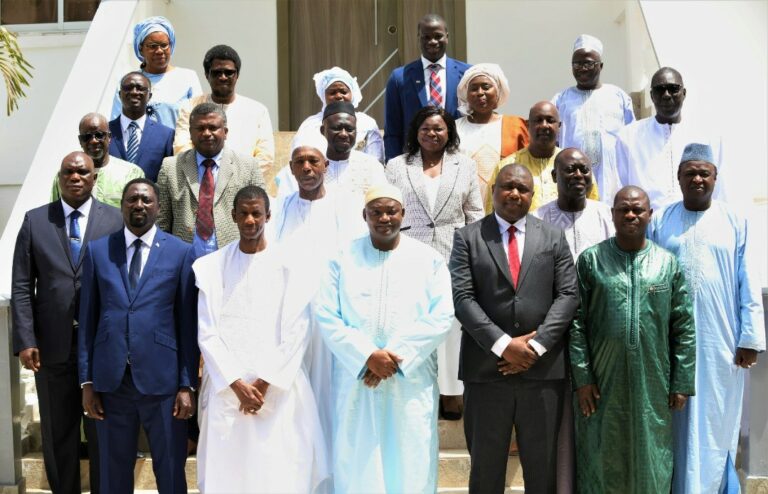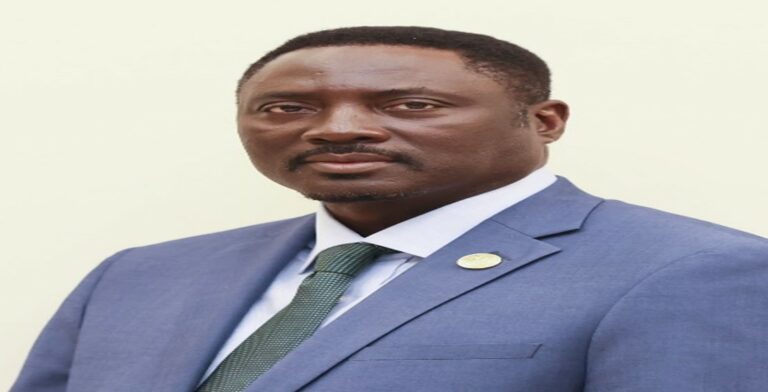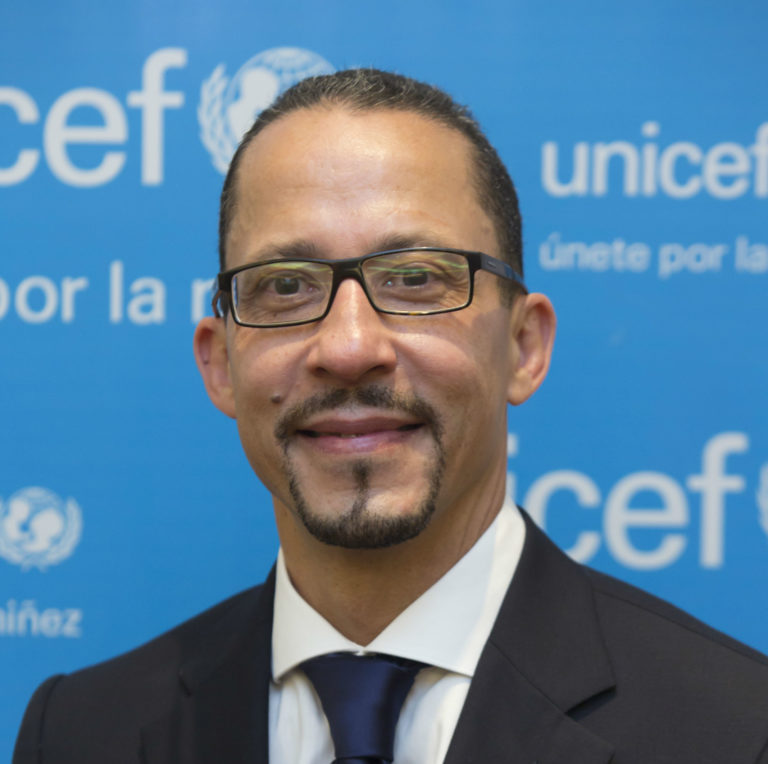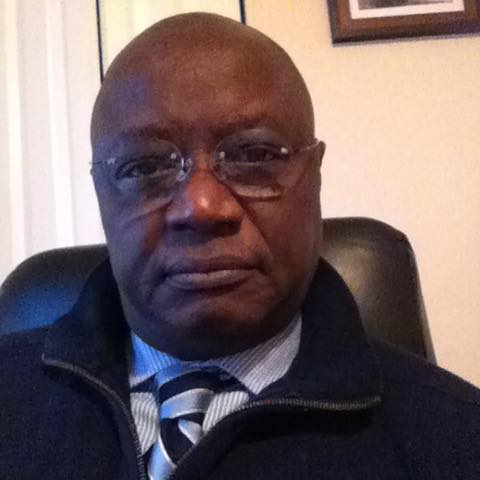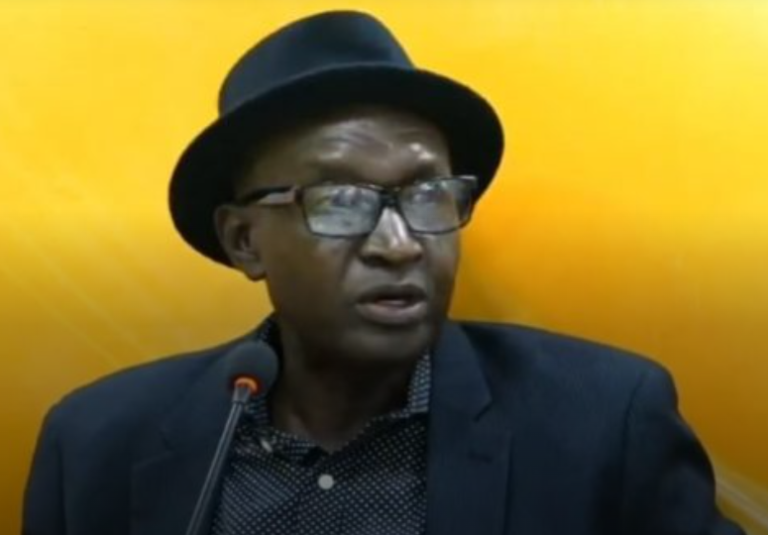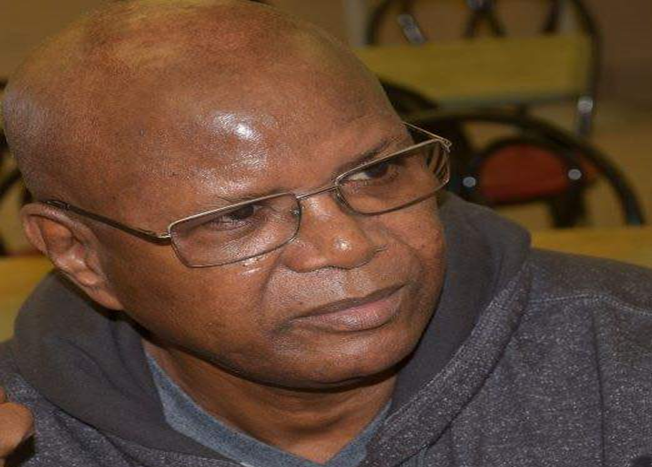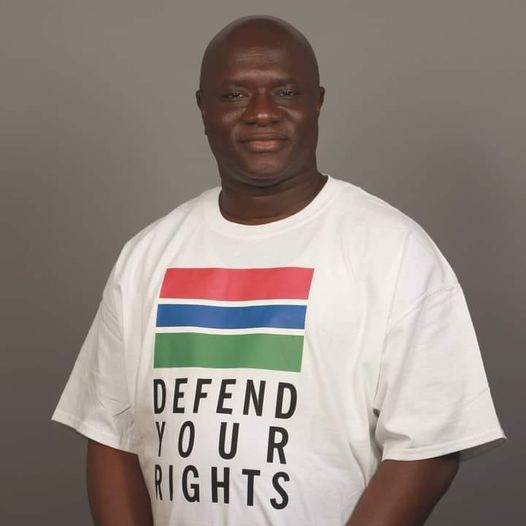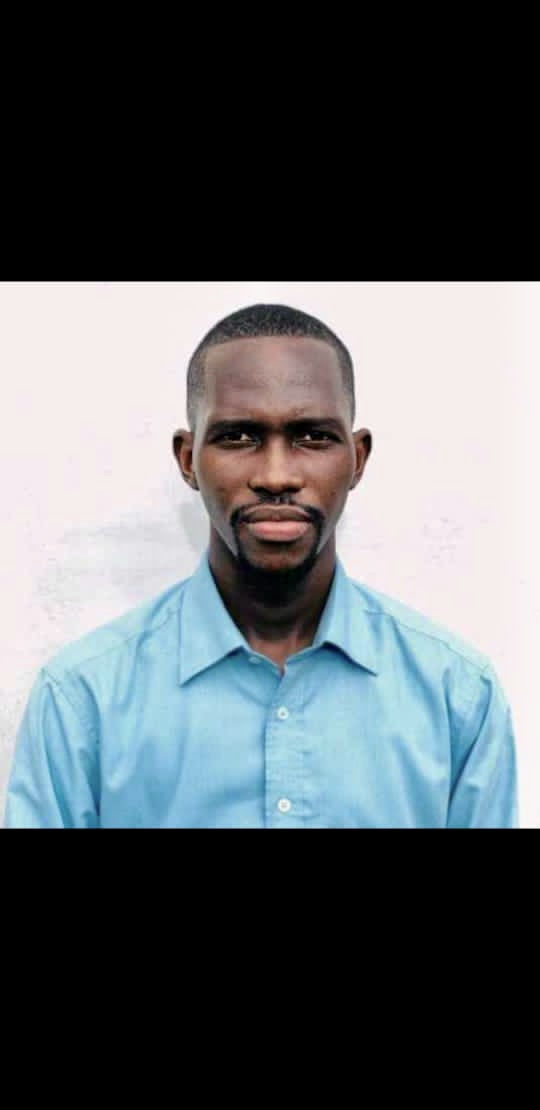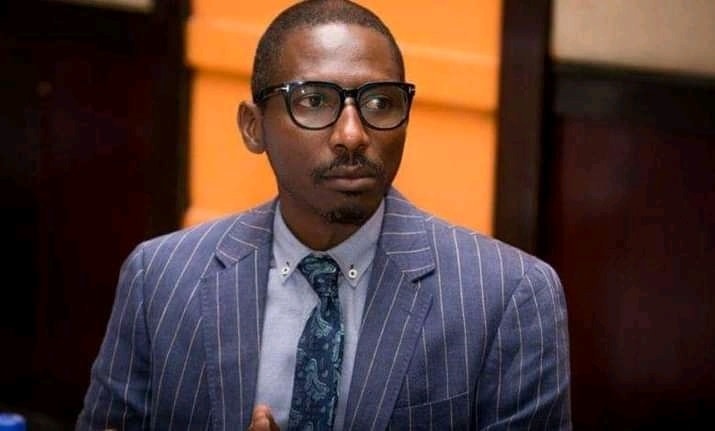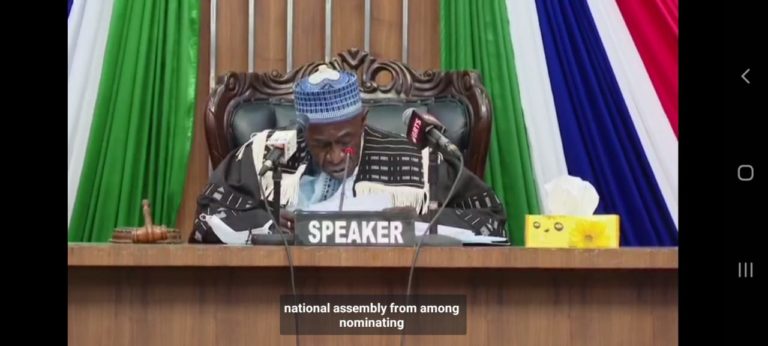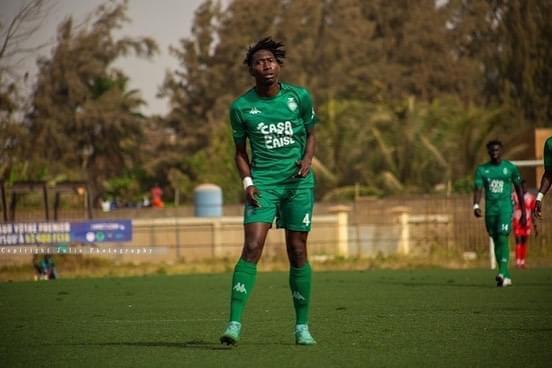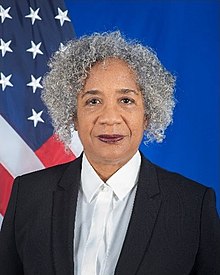By: Dawda Baldeh
Melville Robertson Robert, barrister and solicitor at the Supreme Court of the Gambia and former deputy permanent secretary at the Government of The Gambia has said unlike murder, people cannot conspire to commit manslaughter, and therefore, the “police have to be very careful” of what to charge Sainabou Mbye as she returned with the corpse of Baby M from Senegal.
Melville was speaking on a variety of legal questions surrounding the much-talked-about rape case of Bob Keita vs the State and now the arrest of Sainabou Mbye, who is in police custody. He made these claims on Friday 22 July 2022.
“I am reliably informed that conspiracy is already established in the charges on Sainabou Mbye. So, the police have to be very careful because the world is watching and every single person in The Gambia is watching,” he said in a Facebook live streaming video.
He added that if the evidence gathered by the police shows that murder has occurred then he believes that Sainabou conspired with his brother or whoever is involved in this matter to commit murder.
The Oxford-trained legal expert said he is reliably informed that the charges on Sainabou Mbye have been changed from manslaughter to murder.
“All these are capital offences. They are unbailable and their punishment is life imprisonment. If at all the sources at the police are indeed right, and that Sainabou has been charged with murder, then it means all the theories that are out there are true,” he narrated.
The legal expert said that the situation is unimaginable and it requires a lot of effort to ensure a free and fair trial for all.
However, Melville said he is not saying that Sainabou has committed murder but he is speaking from the information he gathered.
“I am told that there is a serious debate that is going on at the police headquarters on what should be the charges for Sainabou Mbye but my argument with one of the police officers is that it doesn’t make any sense because people don’t conspire to commit manslaughter,” Melville disclosed.
He further stated that the charges of manslaughter cannot be the same as the charges of conspiracy.
“There is voluntary and involuntary manslaughter. Voluntary manslaughter is due to negligence while involuntary manslaughter has nothing to do with negligence. So, they are different,” he said.
He said an example of involuntary manslaughter is when a person is driving a car and causes an accident that leads to the death of someone.
Mr Robertson Robert stressed that the police must understand that people cannot conspire to commit manslaughter.
“You can only conspire to commit murder. The fact remains if Sainabou is indeed charged for manslaughter and conspiracy, it means the police have evidence within their disposal that authoritatively have shown perversely that they have conspired against the charges.”
He asserted that nobody has thought when this matter commenced that Sainabou will have a day where she will not sleep in her home but she will be in detention just as Bob Keita is in detention.
“Gambians if you don’t learn from this case then I see nothing that is a teachable lesson for you ever again,” he emphasized, adding that God does not sleep and that this is the epitome of natural justice.
“Bob Keita is a victim of injustice, a victim to a biased system, a victim to a justice delivery system that is slow, ineffective and non-transparent.
The two minors in the case were never protected by the state neither by organizations that are vested with such rights to offer protection,” he said.

